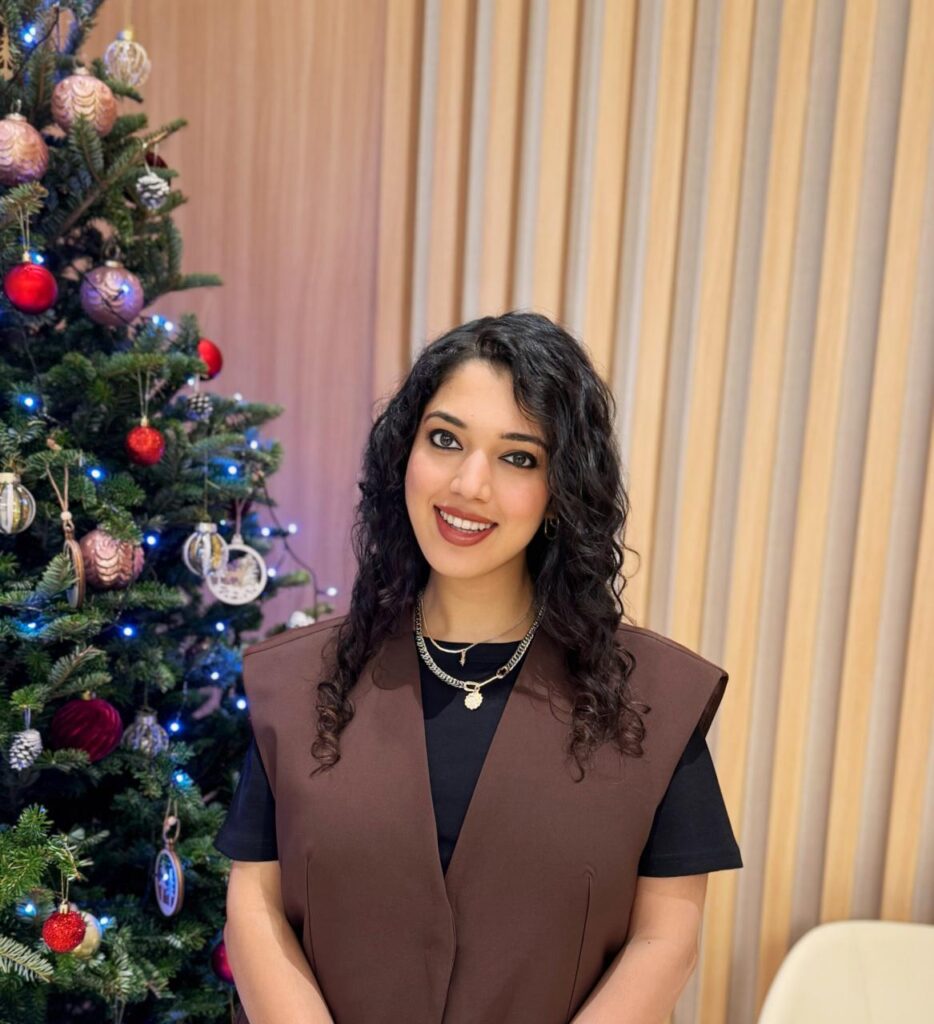With just a month to go until Ramadan 2025 in the UAE, the holy days bring a change in routine for Muslims who observe fasting and eagerly anticipate delicious meals to break their fast during Iftar [sunset]. Ramadan is also a joyous time for non-Muslims living in the UAE, as the festive spirit is felt in various ways, from special food deals to cultural celebrations across the country.
While the enjoyable bit comes later, the focus on healthcare also becomes a priority, as many pre-plan to allow the body to adapt to the new routine.
Several reports suggest that people tend to overeat with excitement during iftar, which often leads to digestive discomfort.
We asked an expert if there is a holistic and effective approach to managing eating habits while fasting. Dr. Mishika Khithani, Functional Medicine and Integrative Physician at Maison Santé, Dubai, said, “Yes, the best way to ensure a sustained blood sugar and smooth fasting experience through the day is to prioritize protein and good fats during suhoor, instead of prioritizing carbohydrates as you will then remain satiated.”

She added, “Another way is to take a few deep breaths with your eyes closed, and establish a mind-body connection before breaking your fast so that you do not get swept away in the anticipation of the yummy food you are about to eat.”
We also discussed the right adjustments to look at if someone has pre-existing health conditions such as diabetes, hypertension, or high blood pressure, to which Dr. Khithani, shared, “Regularly track your readings before, during, and after your fast and stop anytime you feel unwell. Your readings are the data you must not ignore. Additionally, do not ignore any new symptoms – our body is always communicating with us, we just need to tune in. Do not forget to check in with your doctor regularly.”
Given the fluctuating weather conditions in the UAE, “A good practice would be to consume electrolytes during your eating window to ensure you are optimally hydrated at the cellular level,” she believes.
Meanwhile, Elizaveta Pestova, Fitness Trainer, Home Coach, and Nutritionist in Dubai, emphasized the importance of preparing the body for changes in eating and sleeping patterns to maintain energy levels and overall health during Ramadan.

She noted, “While proper nutrition is key, some vitamins and supplements may be helpful in supporting your body during long periods of fasting.”
Speaking about Vitamin D intake, she said, “Fasting may limit your sun exposure and reduce your access to fortified foods. So this, supports your immune system, bone health, and energy. 1,000–2,000 IU daily (or as recommended by your healthcare provider).”
As fasting can impact muscle tone and energy levels, maintaining proper nutrient intake is essential. Magnesium plays a crucial role in muscle function, helps combat fatigue, and supports better sleep quality. It can be consumed through supplements or natural sources like nuts, seeds, and leafy green vegetables.
Additionally, B-complex vitamins are vital for converting food into energy, especially during changes in eating patterns. They support metabolism, reduce fatigue, and enhance endurance. These essential nutrients can be obtained from supplements or foods such as whole grains, eggs, and dairy.
Speaking of some tips, Pestova, said, “Optimize your diet and increase your complex carbohydrates (whole grains, oatmeal) for long-term energy. Eat proteins (fish, chicken, legumes) to support muscle mass. Include healthy fats (nuts, seeds, olive oil). Gradually reduce caffeine to avoid headaches in the first days of Ramadan.”






